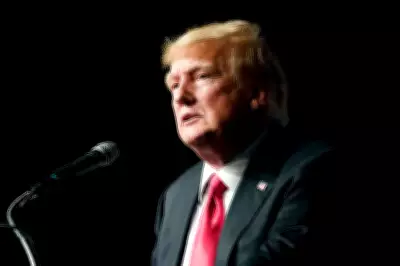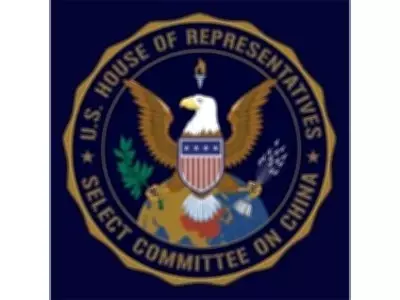
In a powerful address that resonated across the global security landscape, Bangladesh's Foreign Adviser Dr. Gowher Rizvi has issued an urgent call for worldwide collaboration against the growing threats of extremism and non-state armed groups. The high-level intervention came during a critical United Nations dialogue focused on counter-terrorism strategies.
A Unified Front Against Global Threats
Dr. Rizvi emphasized that the challenges posed by extremist ideologies and armed non-state actors transcend national boundaries, making isolated national responses inadequate. "No single nation can combat these transnational threats alone," he asserted, highlighting the imperative for collective international action.
The Foreign Adviser outlined Bangladesh's comprehensive approach to combating extremism, which includes:
- Robust legal frameworks and security measures
- Community engagement and deradicalization programs
- International intelligence sharing partnerships
- Addressing root causes through development initiatives
Bangladesh's Leadership in Regional Security
Drawing from Bangladesh's own successful experiences in countering extremism, Dr. Rizvi showcased how the nation has effectively balanced security imperatives with respect for human rights and democratic values. "Our approach demonstrates that security and liberty need not be mutually exclusive," he noted.
The address particularly highlighted Bangladesh's Zero Tolerance policy against terrorism and extremism, which has yielded significant results in maintaining national stability while contributing to regional security.
The Path Forward: Enhanced Global Cooperation
Dr. Rizvi proposed several key measures for strengthening international cooperation:
- Enhanced information sharing mechanisms between nations
- Coordinated border security and counter-financing efforts
- Capacity building support for vulnerable states
- United Nations-led coordinated action frameworks
The Foreign Adviser's intervention comes at a crucial time when global security architectures are being tested by evolving non-state threats. His call for collective action underscores Bangladesh's growing role as a significant voice in international security discussions and its commitment to global peace and stability.





